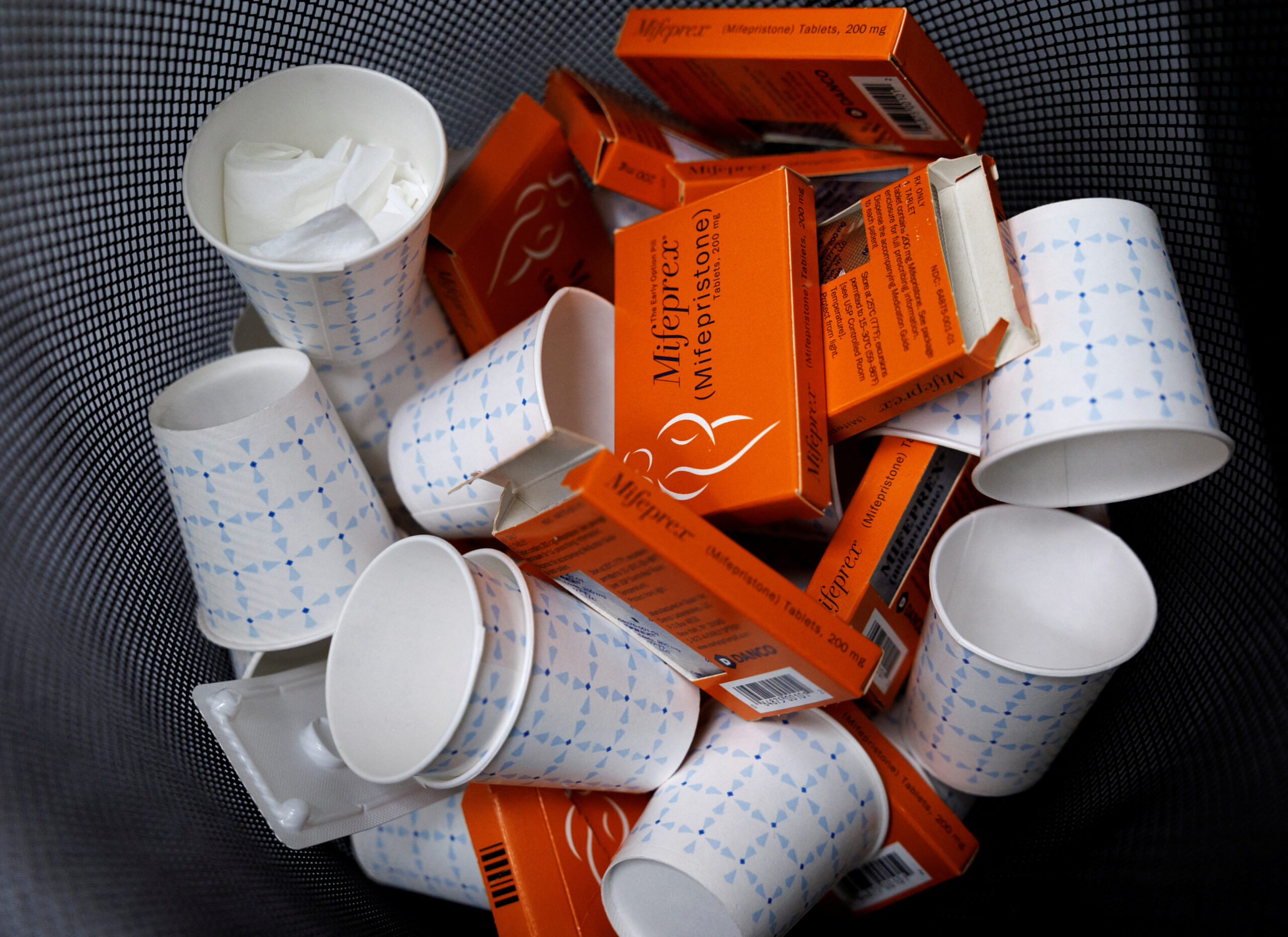Penna Dexter
Last month, more than two decades after the Clinton FDA approved the abortion pill, the U.S. Supreme Court heard oral arguments in a case that challenges the agency’s progressive easing of restrictions on chemical abortion.
The case is Alliance for Hippocratic Medicine vs. Food and Drug Administration.
Alliance Defending Freedom filed suit in federal court on behalf of four medical organizations and four doctors seeking to have the drug, mifepristone, removed from the marketplace. Mifepristone is the first in a 2-drug regimen that constitutes a medical, or chemical abortion. Chemical abortion accounts for over 60 percent of abortions done in the U.S.
A federal judge in Amarillo, Texas ruled that the drug’s initial approval was unlawful.
But the 5th U.S. Circuit Court of Appeals left intact the FDA’s initial approval of mifepristone. Its ruling would reverse changes regulators made in 2016 and 2021 that eased some conditions for administering the drug.
In 2000, the FDA approved the 2-drug regimen to be used during the first seven weeks of pregnancy and then, in 2016, extended it to be used up to 10 weeks’ gestation.
Over time, the FDA has also removed the requirement that a woman be examined in person when receiving a prescription for chemical abortion drugs.
According to Mary Szoch, Director of the Family Research Council’s Center for Human Dignity, “the use of the abortion drug is especially egregious, because we know that the abortion drug is four times as dangerous as surgical abortion for the mother.”
Increasingly, medication abortions are prescribed via telemedicine — that means there’s no physical exam, no ultrasound study. Prompt ultrasound evaluation is key in diagnosing ectopic pregnancy, which can prove deadly to the mother if not caught early enough.
The justices seemed to doubt the doctors’ standing. Nonetheless a competent FDA would do its job and reinstate the requirement that existed as recently as 2021, that to get a medication abortion, a woman must first see a medical provider.
 Listen Online
Listen Online Watch Online
Watch Online Find a Station in Your Area
Find a Station in Your Area









 Listen Now
Listen Now Watch Online
Watch Online
